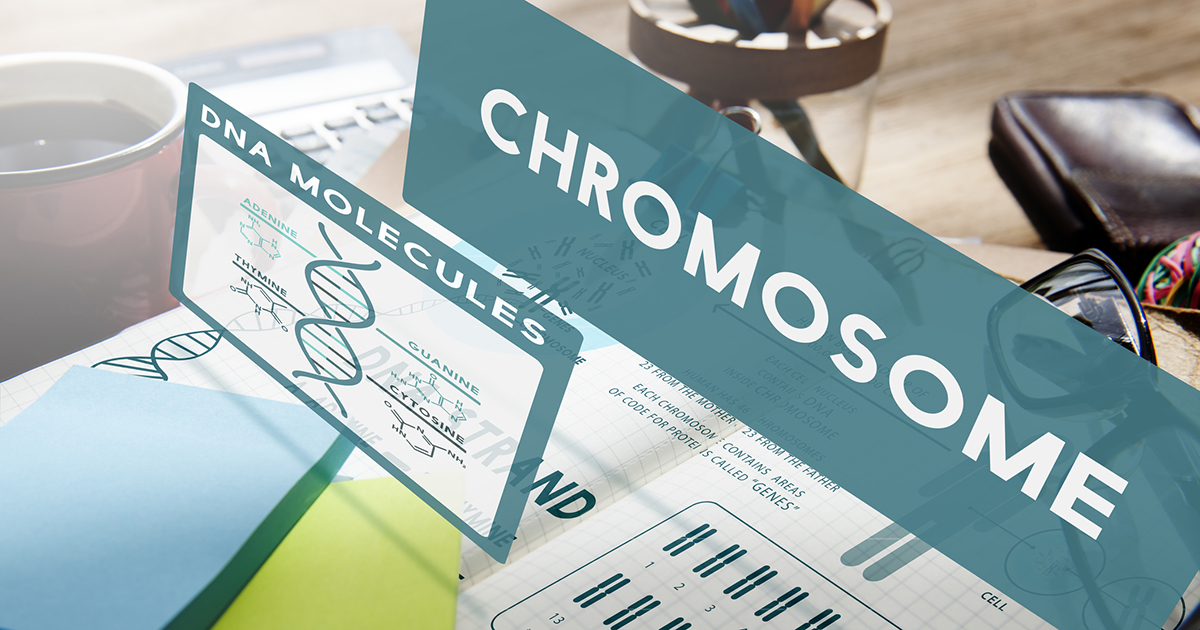Causes And Diagnosis Of Alport Syndrome
Alport syndrome is a disorder that damages the kidney’s small blood vessels, as well as creating eye issues and hearing loss. The disease is an inherited form of nephritis or kidney inflammation caused by a gene mutation. The symptoms of Alport syndrome remain limited at first, but after time passes, the glomeruli of the kidney become increasingly damaged. The glomeruli filter the blood, creating urine and removing other waste from the blood system. When the glomeruli can no longer function appropriately, the kidney can no longer function and waste products in the body increase.
Eventually, the kidneys become damaged, and end-stage renal disease occurs. During this phase of the illness, dialysis or a kidney transplant may be necessary. The symptoms of Alport syndrome are somewhat similar to those of a bladder infection. Some of them include abnormally colored urine, blood in the urine, pain in the flanks, elevated blood pressure, and swelling through the body.
Gene Mutation

The cause of Alport syndrome is a mutation of the type IV collagen genes, which consist of a family of six protein chains called alpha-1 through alpha-6. The alpha-3, alpha-4, and alpha-5 gene chains are the specific causes of Alport syndrome. Specifically, Alport syndrome consists of AXAL, ARAS, and ADAS syndromes.
AXAL, or X-linked inheritance Alport syndrome, is the most common diagnosis for those with Alport syndrome, occurring about eighty percent of the time in such patients. Autosomal recessive inheritance Alport syndrome (ARAS), occurs in about fifteen percent of Alport cases. ARAS is caused by mutations in the chains Alpha-3 and Alpha-4 of the IV collagen gene. ADAS, or autosomal dominant inheritance Alport syndrome, where the alpha-3 and alpha-4 chains are mutated, is the rarest form of this disorder. About five percent of individuals diagnosed with Alport syndrome have this specific type of the syndrome.
X-Linked Inheritance

Alport syndrome is a mutation of the COL4A5 gene of the X chromosome. Because males only have only one X chromosome, and women have two, men experience more severe symptoms with ALAS, since they only have one copy of the X chromosome to deal with the syndrome, and symptoms occur when it is compromised. A man with ALAS passes this genetic mutation on to potential daughters, but he would not pass it on to a son. A woman with AXAL has about a fifty percent chance of passing Alport syndrome on to their children, and only about ten to fifteen percent of AXAL mutations occur spontaneously or randomly, meaning neither parent has mutated alpha genes.
Autosomal Recessive Inheritance

When both copies of genes are mutated, an autosomal recessive disorder occurs. In the case of ARAS, both parents pass on a defective gene to their child, and the alpha-3 and alpha-4 genes on chromosome two are defective. Both of the involved parents have only one mutated chromosome, which means they may have no symptoms like blood in the urine. Or affected parents may have some blood in the urine with no disease progression. Also, if both parents have mutated alpha-3 and alpha-4 chains, their children have a twenty-five percent chance of contracting Alport syndrome. Both males and females are affected in a similarly severe manner.
Autosomal Dominant Inheritance

Only five percent of individuals diagnosed with Alport syndrome have ADAS. To have this variety of the condition, the affected individual must have one mutated copy of the alpha-3 or alpha-4 gene. These individuals will experience hearing loss as well as progressively worsening kidney disease. While the progression of ADAS resembles XLAS, patients with ADAS have kidney failure after forty years old. Both males and females have similar symptoms and results from ADAS. They also notice their ancestors have a history of kidney disease as well as hearing loss. Another problem that may arise from ASDAS-like symptoms is thin basement membrane neuropathy or TBMN. TBMN does not cause kidney disease or hearing problems, however.
About half of the children born to ADAS parents may inherit the genetic mutation. Genetic testing is available to help individuals discover whether they may have one of these varieties of Alport syndrome. With this information, well-informed decisions can be made about having children and can gain more knowledge on taking care of themselves.
How It Is Diagnosed

A medical professional, such as a kidney specialist, may suspect a patient has one of the varieties of Alport syndrome based on symptoms and an individual’s medical history. Doctors may recommend a kidney biopsy to find signs of abnormal cells in the glomeruli remains the key to how it is diagnosed. This biopsy also allows health care providers to test for type IV collagen protein mutations. None of these proteins would be found in a person who has Alport syndrome.
Doctors may also measure the amount of protein and blood in a person’s urine. Ophthalmologic exams show physicians whether a patient has eye conditions such as anterior lenticonus. Furthermore, genetic testing can be done to confirm the Alport syndrome diagnosis, and treatment for this rare disease can commence.
